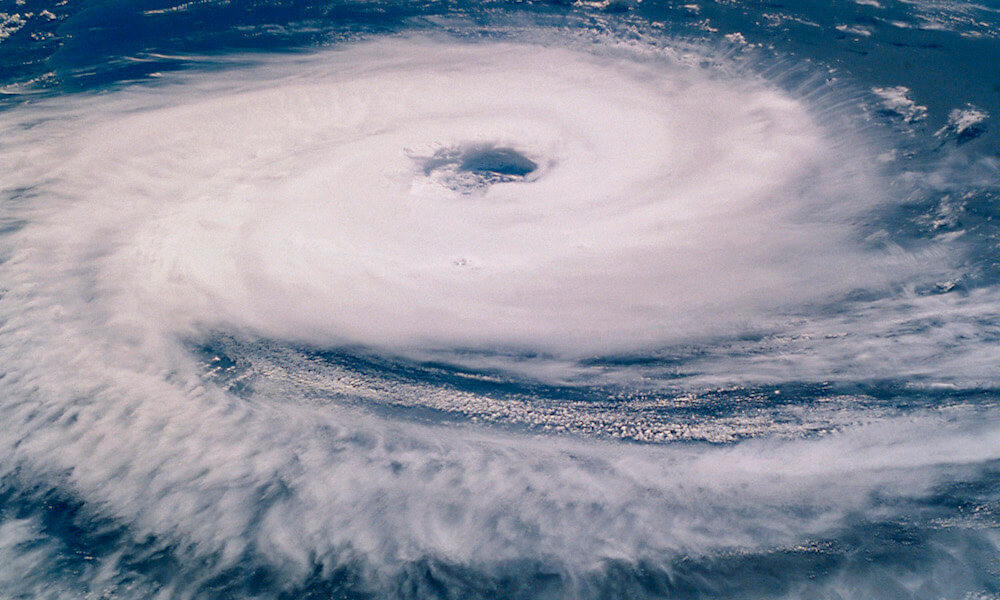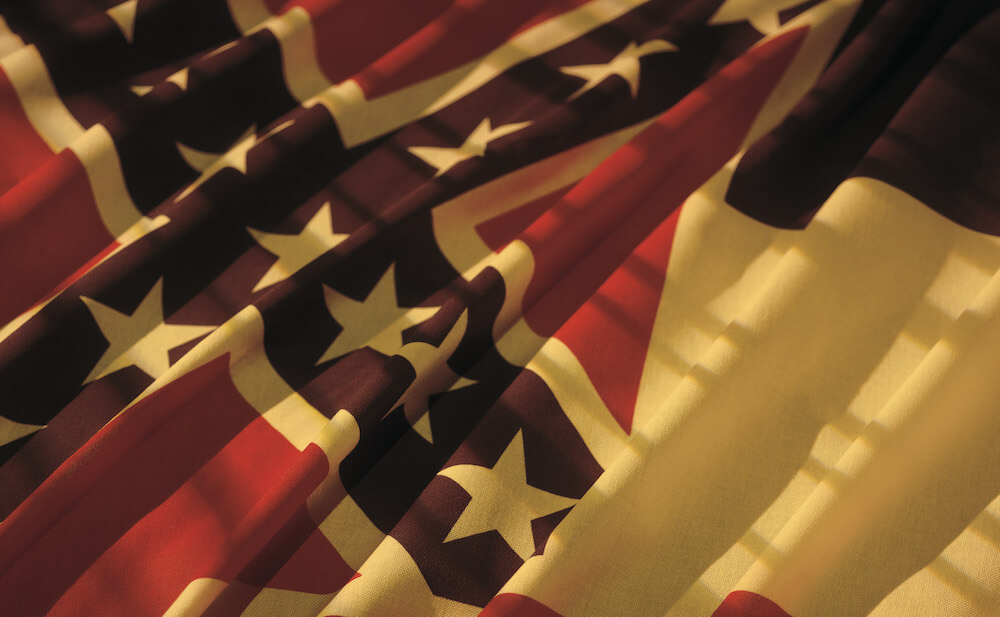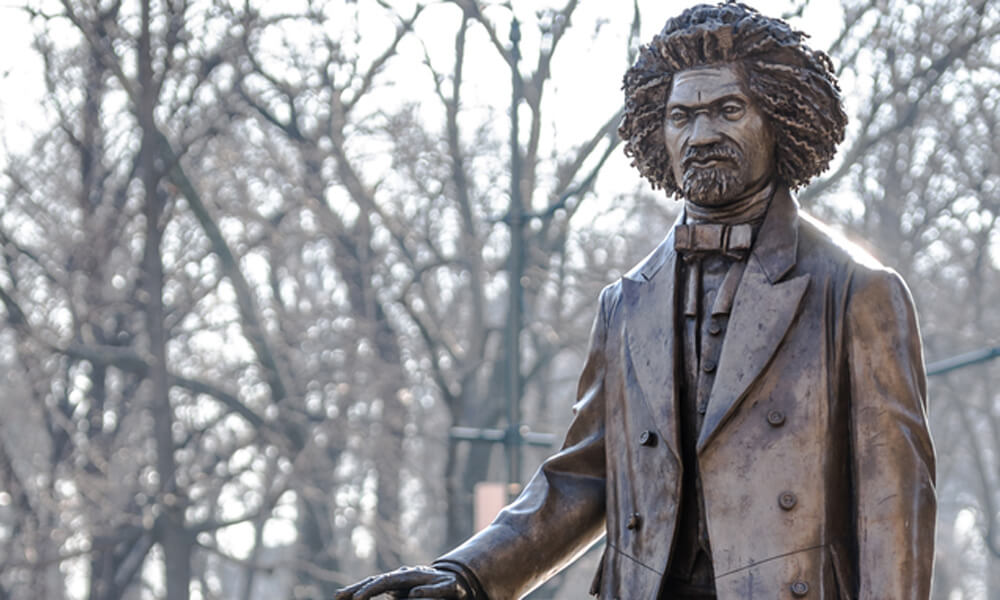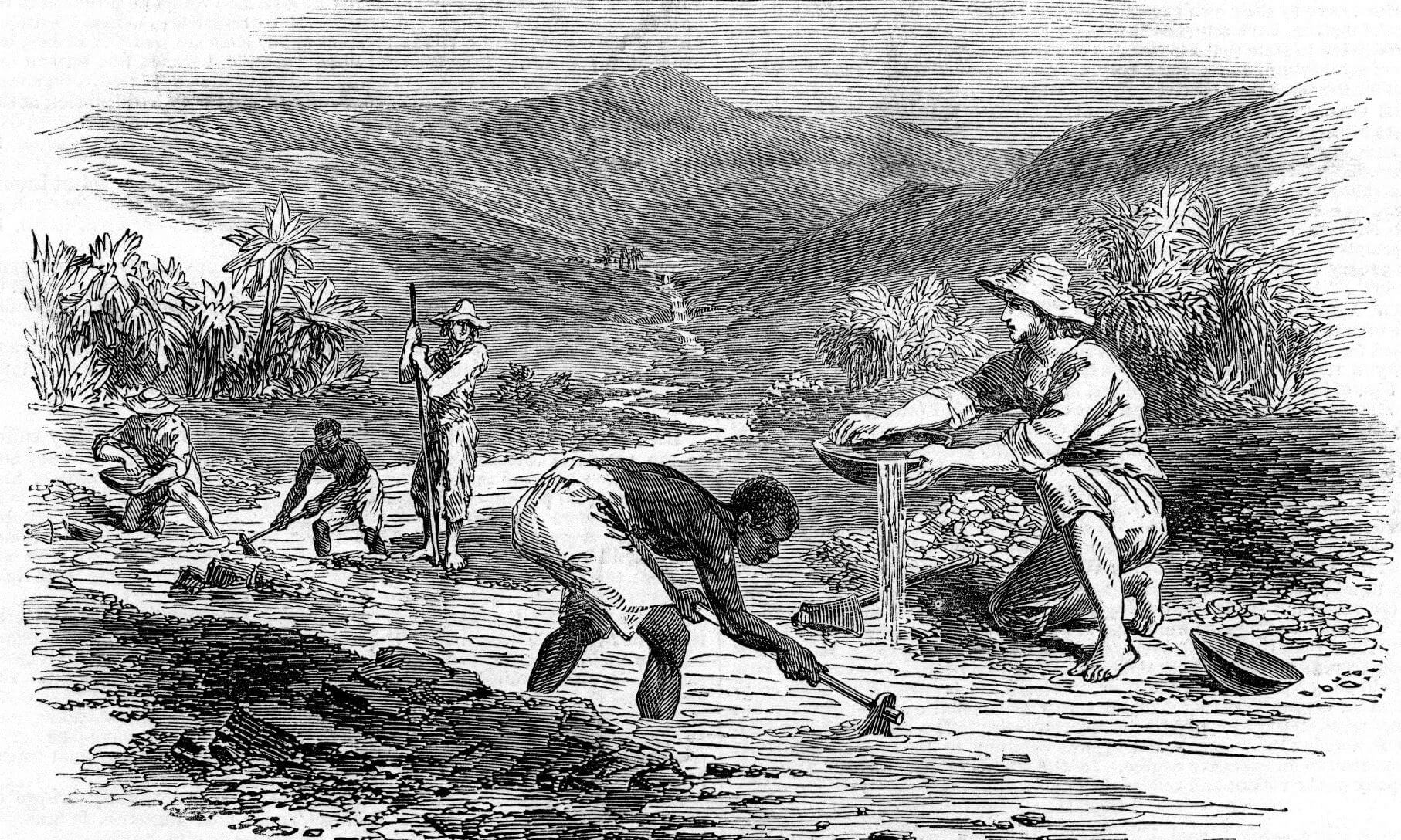Animator Steven Hunter is proud to be a part of Pixar’s first film containing an LGBTQ protagonist.


Animator Steven Hunter is proud to be a part of Pixar’s first film containing an LGBTQ protagonist.

As much as humans have shaped nature, nature has also shaped the course of human history. Read more about how hurricanes affect us.

Students protesting the Vietnam War at Kent State in 1970 were met with violence from the National Guard. Parallels can be made between what happened then and what is happening around the U.S. now. Who ultimately has the power in these situations—and should they?

Mississippi officials have finally agreed to retire their state flag containing racist symbolism.

Anthropologist Margaret Paxson writes about her struggle to quantify peace and ultimately argues that peace is knowable.

See photos retracing the route of Gandhi’s famous Salt March and learn about the photographer’s experience in this interview.

In their desperation, runaway slaves found creative ways to hide and escape. This article tells the stories of slaves who shipped themselves to freedom in crates and of others who found safe haven in the Great Dismal Swamp of North Carolina.

Elie Wiesel, author of Night and human rights advocate, died in July of 2016. The author of this opinion post suggests that Wiesel’s work has a particularly strong impact on young people.

In this book review, Laura Miller draws connections between the Transcendentalists of the 19th century and individualist movements of the 1960s and 1970s.

In this review of Woody Holton’s book Abigail Adams, we learn more about the First Lady who often reminded her husband to “remember the ladies.” Although the changes of her time had yet to extend to women, Abigail Adams was standing up for her own and other women’s rights.

On Independence Day in 1867, an estimated 10,000 African Americans gathered in Lexington, Kentucky, to hear prominent civil rights leaders speak. Read this article for an account of the almost-forgotten event.

In this article, Rob Wile compares the early European settlers to today’s entrepreneurs. Read to find out how the two compare.

This article examines some of Frederick Douglass’s writings in which he describes how slave owners made use of food (and hunger) as a way of manipulating their slaves.

Will Anne Frank ever be forgotten? As the Holocaust fades further into history, some historians are working to make sure that future generations don’t get the facts wrong or lose sight of its importance.

A professor tackles some of the most enduring misconceptions Americans hold about the institution of slavery.

In today’s media-saturated political climate, it’s hard to imagine a world in which in news about government policies, court cases, and elected officials was relegated to print news sources. Read this article to learn about some of the ways in which television has impacted American politics.

Did you know that many American slaves fought for England during the Revolutionary War? They were promised their freedom if they did, and many took the offer. Read this article to learn more about slaves’ participation in the Revolutionary War.

Read about the Klondike Gold Rush, which lured tens of thousands of gold-seekers into the harsh Yukon Territory, including Jack London.

Watch a video on, and read about, the 1965 Selma to Montgomery voting rights marches.

Labor organizer Cesar Chavez was awarded the Presidential Medal of Freedom for working to improve working and living conditions for migrant farm workers. Learn how he found the courage to speak out, organize a farm workers’ union, and lead nonviolent marches and boycotts of California table grape growers.